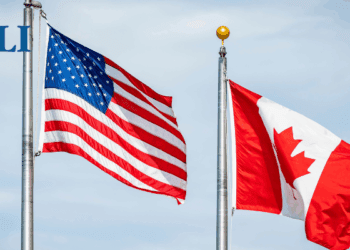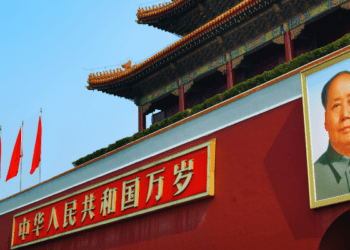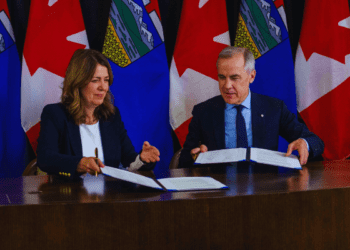January 17, 2013 – In today’s Globe and Mail, MLI Senior Fellow Ken Coates writes about Chief Atleo’s leadership. An excerpt below:
This is where the opposing perspective comes in, one offering cautious, reasoned, incremental co-operation as the best path forward. This model, embodied in Mr. Atleo and his supporters, sees constitutional recognition and favourable Supreme Court decisions not as ends in themselves but as tools to be used to leverage economic and political partnerships with non-aboriginal governments and businesses.
Read the full column below:
Chief Atleo’s new model of aboriginal politics
By Ken Coates, The Globe and Mail, January 17, 2013
The divisions within the aboriginal leadership, so strikingly displayed over the past week, have been laid by many at the door of Shawn Atleo, national chief of the Assembly of First Nations. His alleged weakness, conciliatory approach to Ottawa and inability to rally the troops have been said to reflect a loss of authority over his constituency.
As Winston Churchill might have said, never have so many been so mistaken about so much.
What is being played out is a momentous political and ideological change among first nations. Mr. Atleo has the thankless task of acting as midwife to the new world, while trying to manage those who sense their power ebbing. The challenge of sustaining this agenda has taken its toll, not the least on the national chief’s health.
On the one hand are the inheritors of a tradition of political and judicial activism that has enjoyed considerable success over the past 40 years.
This group believes strongly that the Crown and the Government of Canada must address aboriginal challenges and share political authority with indigenous peoples. These leaders, such as Pam Palmater, have a following within the aboriginal community and offer a vision of legal empowerment, indigenous sovereignty and “nation-to-nation” negotiations.
The rights-based activist approach, dominant for many years, has certainly had its legal and political successes (e.g., constitutionalization of treaties and judicial recognition of the duty of governments to consult and accommodate aboriginal people), but these alone have not produced the desired results in the communities.
Like so many activist movements of the last third of the 20th century, its leaders are re-fighting battles long since won, while the others are asking how to use those victories to improve lives in practical ways. With half of aboriginal Canada under 25, first nations are now facing a revolution of rising expectations, embodied in the Idle No More movement.
This is where the opposing perspective comes in, one offering cautious, reasoned, incremental co-operation as the best path forward. This model, embodied in Mr. Atleo and his supporters, sees constitutional recognition and favourable Supreme Court decisions not as ends in themselves but as tools to be used to leverage economic and political partnerships with non-aboriginal governments and businesses.
This perspective sees declining value in intense political and judicial activism and rising value in using newly won powers to gain a negotiated share of Canada’s prosperity. In this view, Canadian wealth must be shared more equitably with aboriginal peoples.
Using this approach, individual first nations, Inuit and Métis communities have been working with resource companies, business and regional governments on strategies designed to engage indigenous peoples in the economy in ways of their choosing. Economic development, job creation, good governance and commitments to community education and health care have followed.
It is roughly correct to say that those parts of aboriginal Canada that are making impressive strides with the new practical, results-oriented approach – like B.C., Alberta and Quebec – joined Mr. Atleo at the table with Prime Minister Stephen Harper, while those who are divided (such as Saskatchewan), or have been unable to use the new tools as successfully (such as Northern Ontario and Manitoba), stayed away.
If Mr. Atleo and his supporters, in concert with Ottawa and the provinces, find ways to bring aboriginal Canadians into greater partnership with other Canadians, especially through the development of natural resources, everybody wins. If the effort fails, a new round of activism will almost certainly ensue, potentially derailing much of the economic growth our natural resources could provide and generating a substantial non-aboriginal backlash.
No politician or leader, aboriginal or otherwise, should rest until the quality of life for native peoples reaches decent levels. The success or failure of Mr. Atleo’s effort to navigate the tides of political change is therefore crucial to the country. To a degree that few Canadians appreciate, the nation’s economic future might well hang in the balance.
Ken Coates is co-leader of the Aboriginal Canada and the Natural Resource Economy project at the Macdonald-Laurier Institute.
—




